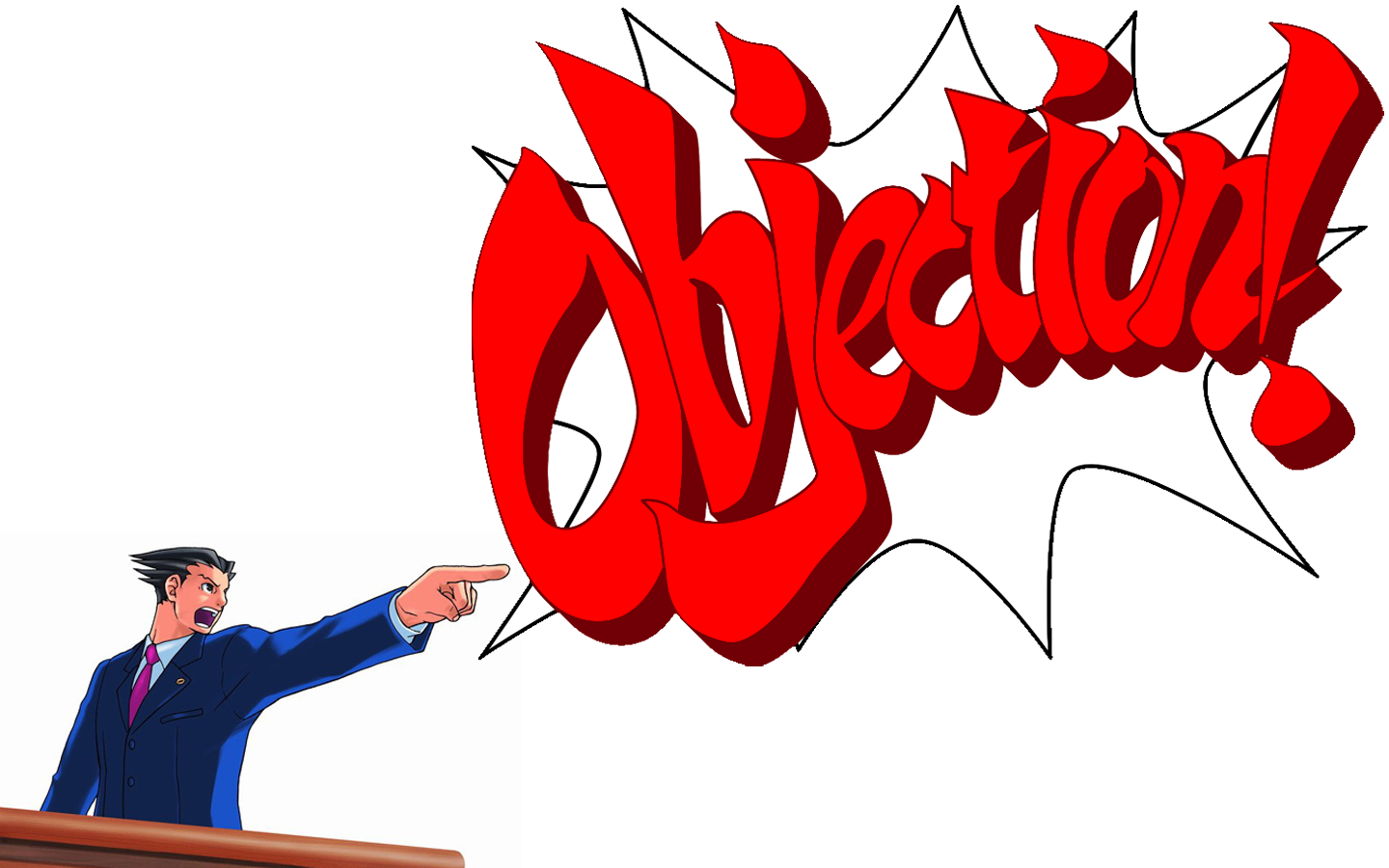
Gamers and non-gamers alike are part of an increasingly litigious society, and the video game industry is no exception. With the advent of freemium games and the advancement of technology, legal issues in the gaming industry have become more complex, with virtual money and determining where the disputed transaction took place becoming integral to the advice lawyers need to give.
The legal battles in this industry are proliferating so fast that some companies are devoting even more specialized resources to this type of litigation than ever before. Fast Company recently reported that large corporate firm Pillsbury LLC “has built a dedicated team to handle video game and virtual world cases”.
Traditionally, legal battles have involved copyright disputes and whether there is too much violence in games. But some cases have been much stranger than that. With that in mind, let's look back at fourteen legal battles which shook up the world of video games as we know it.

Copyright Over Pong Consoles
Magnavox vs. Atari (1972)
Pong was the first video game to enter the consumer market -- and once it was popular, companies were falling over themselves to make Pong machines. The Magnavox Odyssey was released in North America in September 1972 -- and it was developed by a small team called Sanders Associates, which was led by Ralph Baer.
Little did they know that they were soon going to find themselves in the middle of a lawsuit. Their product had been on display at the LA Airport Marina – which Baer believed happened on May 26, 1972, according to an interview with GamerDad. Allegedly attending the display was rival developer Nolan Bushnell (though this was later denied). He had previously created Computer Space -- but unlike Pong, this game didn’t take off. Bushnell had recently started his own company, Atari, and Pong would be its first game.
The Atari version of Pong was a commercial success, and coincidentally helped sales of the Magnavox Odyssey. In 1974, Baer had enough and decided to raise a lawsuit against Bushnell for copying the design of the Magnavox Odyssey. The judge decided that Atari did copy the Magnavox Odyssey’s design, and the case was settled out of court in 1976.
As the games industry was fairly new, the judge’s ruling was interesting. Essentially it hinged on patent drawings, which show a machine similar to the final Magnavox Odyssey connected to the TV. This meant that in essence, this case was no different to a patent case for any tangible product.
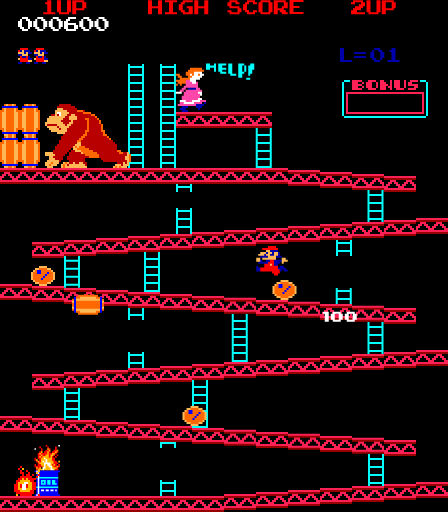
King Kong vs Donkey Kong
Universal City Studios vs. Nintendo (1982)
In 1981, Nintendo was gaining success in America with its arcade hit, Donkey Kong. Universal was relatively unaware of this until the Donkey Kong brand gained traction, with its own breakfast cereal becoming popular and other companies wanting to make a version for home consoles.
Universal asked Nintendo to pay royalties, arguing that the arcade game was similar to its hit movie franchise King Kong, which they owned the rights to. Nintendo, being a relatively small company at the time, refused to pay royalties -- and on June 29, 1982, Universal City Studios filed a lawsuit against them.
Nintendo hired John Kirby to represent the company in court. And Kirby managed to prove that Universal did not own the rights to King Kong by going through Universal's own litigious history! Before Universal could remake King Kong in the 1970s, they had to go to court to prove that RKO Pictures (the makers of the original 1933 film) did not own the rights to the brand, which was in the public domain.
The creator of Donkey Kong, Shigeru Miyamoto, also explained in court that the character was originally called King Kong, as that was a generic Japanese term for "menacing ape". The final nail in the coffin came for Universal when the arcade games were played in court. They bore no resemblance to the King Kong movies -- and even if they did, Universal had gone out of its way in another case to prove this was in public domain.
This case is often used as a study for the public domain defense in copyright law. And it proved that even a small company can get its way. Nintendo was offered $1.8 million in damages, and there are rumors that its popular character Kirby is named after the lawyer who helped them win against Universal.
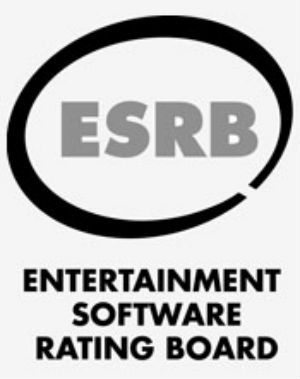
The Advent of the ESRB
United States Congress vs. Sega and Nintendo
As games got more sophisticated in the 1990s, the government began to get worried that the medium could have a negative impact on children. Before the ESRB, maturity ratings for video games were haphazard at best.
Following concern over its FMV title Night Trap, SEGA introduced its own three-tier rating system. However, the ratings only appeared on the boxes and were not made clear to retailers -- meaning that unlike a movie, a small kid could go into a store and pick up a game rated by SEGA as MA-17 without getting challenged.
The turning point came in 1993 when Senator Joseph Lieberman was informed by a concerned colleague that his son had asked for notoriously violent game Mortal Kombat as a present. Senators Lieberman and Herbert Kohl then held a Joint Congressional Hearing that sought to make the gaming industry create its own rating system – if it did not, then the government would intervene. The hearing looked at the most violent parts of Konami’s Lethal Enforcers (which was packaged with a toy plastic gun), Midway’s Mortal Kombat (which had blood in the SEGA version) and SEGA’s Night Trap.
Following the hearing, the Video Game Rating Bill was introduced on February 3, 1994. This gave the industry the kick it needed to work together despite its differences, and an Industry Ratings Council was set up in March 1994. SEGA proposed that its system would be adopted. But the Council instead decided to create an entirely new ratings system, as SEGA’s own had been criticized in the Congressional Hearing for being too vague.
Initially consisting of just 7 companies, moves by retailers such as Walmart and Toys R Us to only purchase rated games helped the Council gain recognition. The Bill was repealed following the success of the industry in regulating itself.
This Council became known later as the Entertainment Software Ratings Board, or ESRB. It has helped to enhance the legitimacy of the video games industry and allows parents to understand what games are suitable for their children.

Pokémon Lookalike
Nintendo v Uri Geller (1999)
In 2000, entertainer and psychic Uri Geller sued Nintendo for $100 million after he claimed that the company made a Pokémon based on him without his prior knowledge. The Pokémon in question is Kadabra, which evolves into Alakazam. Kadabra is known in Japanese as “yungerer”, which, when you pronounce it out loud, sounds an awful like Uri Geller!
If that wasn’t similar enough, the Pocket Monster is described on his card as a “magician and psychic” who carries around a bent spoon (which was one of Geller's main gimmicks)! Geller was unaware of his cartoon fame until he visited the Pokémon Center store in Tokyo, Japan.
According to The Guardian:
“[Uri Geller] was simply bemused when the store manager rushed out from his office continuously bowing, as hundreds of children thrust Pokémon cards at him to autograph while chanting what sounded like Uri Geller.”
Geller also claimed that the star on Alakazam’s forehead and the lightning patterns on his stomach were akin to the symbols popularized by the SS during World War II.
He stated to BBC News:
“Nintendo turned me into an evil, occult Pokémon character. Nintendo stole my identity by using my name and my signature image.”
Production of the Kadabra trading cards ceased in 2003, and the case was ultimately dismissed, as the Pocket Monster had some similarities to Geller rather than being a photo perfect likeness. The jury’s out as to whether the similarities to real people were purely coincidental!

Motion Controller Patents
Immersion vs. Sony (2004)
Since the DualShock was released in 1997, Sony has been well known for the vibration feedback features in ist gaming controllers – otherwise known to PlayStation aficionados as “rumble features”. Immersion is a San Jose-based developer of haptic (AKA touch feedback) technology, and in 2002, sued both Sony and Microsoft for patent infringement. Microsoft settled out of court, buying a 10% share of Immersion, but Sony doggedly pursued the case.
This wasn’t one they were going to win. In 2003, they were ordered to pay $82 million in damages. Their subsequent 2004 appeal was lost, and as Ars Technica reported, this indirectly impacted the new PlayStation 3 controllers, which had their motion technology based on the original DualShock and DualShock 2 replaced with “tilt” motion sensitivity. The controversial Six Axis was very expensive and contributed to a drop in PS3 sales when compared to the Xbox 360.
This was a setback for Sony, who was not used to losing a lawsuit. Immersion most recently sued Apple for patent infringement, and it will be interesting to see how it pans out for them.
GTA leads to real life crime?
Strickland vs Sony (2005)
In 2003, Devin Moore killed two police officers – Arnold Strickland and James Crump -- and a dispatcher named Leslie Mealer with one of their guns whilst in the Fayette, Alabama police station. He then stole one of the station’s police cars to escape.
Several hours later, he was stopped by police in Mississippi. According to the Gadsden Times, when he was captured, he said: “"Life is a video game. Everybody's got to die sometime."
It was these comments that led attorney Jack Thompson to file a lawsuit on behalf of the families of two of the three victims. In a 60 Minutes special on the case, Jack Thompson said he believed that Sony’s hit Grand Theft Auto: Vice City, which was developed by Edinburgh-based Rockstar Games, was to blame for this sort of violence -- as Moore had tried to re-enact the game in real life. Segments of the game were shown on the 60 Minutes program, as well as an interview with Moore himself. Moore was found guilty and sentenced to death by lethal injection.
Thompson withdrew from the case on November 7, 2005. The Alabama Court threw out the lawsuit on the basis that it interfered with Sony’s First Amendment right of freedom of speech.
As we noted from the creation of the ESRB, violence is a common problem in video games. It subsequently became known that Moore had battled family problems -- and these could in part have led him to his decision to kill the police officers. Striking a balance between freedom of speech and inciting violence through media is an important issue not just for the video game industry, but also media as a whole.
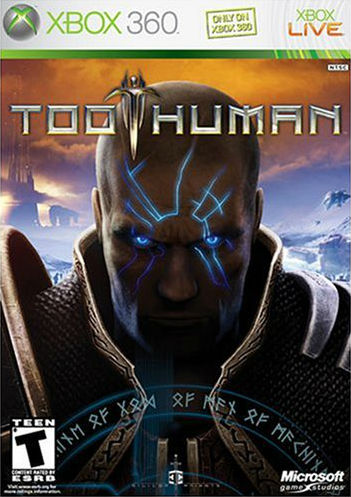
Unreal Engine 3
Silicon Knights vs. Epic Games (2007)
Canadian-based Silicon Knights developed action RPG Too Human using Epic’s Unreal Engine 3 after buying the rights from them in 2005. Unfortunately, the game received poor reviews and was not as successful as other games that have used Epic’s Unreal Engine, such as the Batman: Arkham series and the King’s Quest reboot. This sparked an ugly legal battle between the companies.
In 2007, Silicon Knights took Epic Games to court, claiming that Epic had breached their contract by using royalties from third parties developing on the Unreal 3 engine to improve their games -- and was doing so to the detriment of those third parties.
Silicon Knights’ main bugbear was Epic’s successful Gears of War, which they saw as a direct competitor to Too Human. They believed that the refinements Epic did to the Unreal engine to make Gears of War were, in effect, an upgrade -- which Silicon Knights had the rights to use. Epic argued that these enhancements were “game specific” and did not require being shared. Silicon Knights also claimed that they had to start the game from scratch without using the Unreal Engine, as their version of the development toolkit was rendered unusable.
Epic Games then countersued, claiming that in developing their own engine, Silicon Knights had blatantly copied Epic’s Unreal Engine code. The jury completely brought Silicon Knights down, and they were ordered to destroy the engine built for Too Human and pay $4.45 million in damages.
This shows how careful a games company should be if they’re considering court action – it’s all too easy for the case to be turned on its head!

Illegal Mario Uploading
Nintendo vs. Burt (2009)
Our last case looks at the perils of putting illegal downloads on the internet. Australian Paul Burt bought a retail copy of New Super Mario Bros Wii when it came out. Unusually, the game came out earlier in Australia than in other parts of the world, so Burt decided to upload the game to the Internet so that Wii owners in other countries could download it before it was released worldwide in 2009.
Nintendo was able to track him down using sophisticated IP mapping software and took him to court. In 2010, Burt and Nintendo settled out of court, with Burt paying the company their $100,000 legal bill and $1.5 million in damages. Rose Lappin, the Managing Director of Nintendo Australia at the time, discussed the situation with The Australian newspaper, saying:
"It wasn’t just an Australian issue, it was a global issue. There were thousands and thousands of downloads, at a major cost to us and the industry, really."
But it wasn’t all doom and gloom for this Aussie internet pirate. Mental Floss reported that in 2013, (as Burt claimed in a Reddit post) Nintendo gave him a limited-edition Legend of Zelda statue for being an “excellent customer”! I bet he was after paying all those damages!
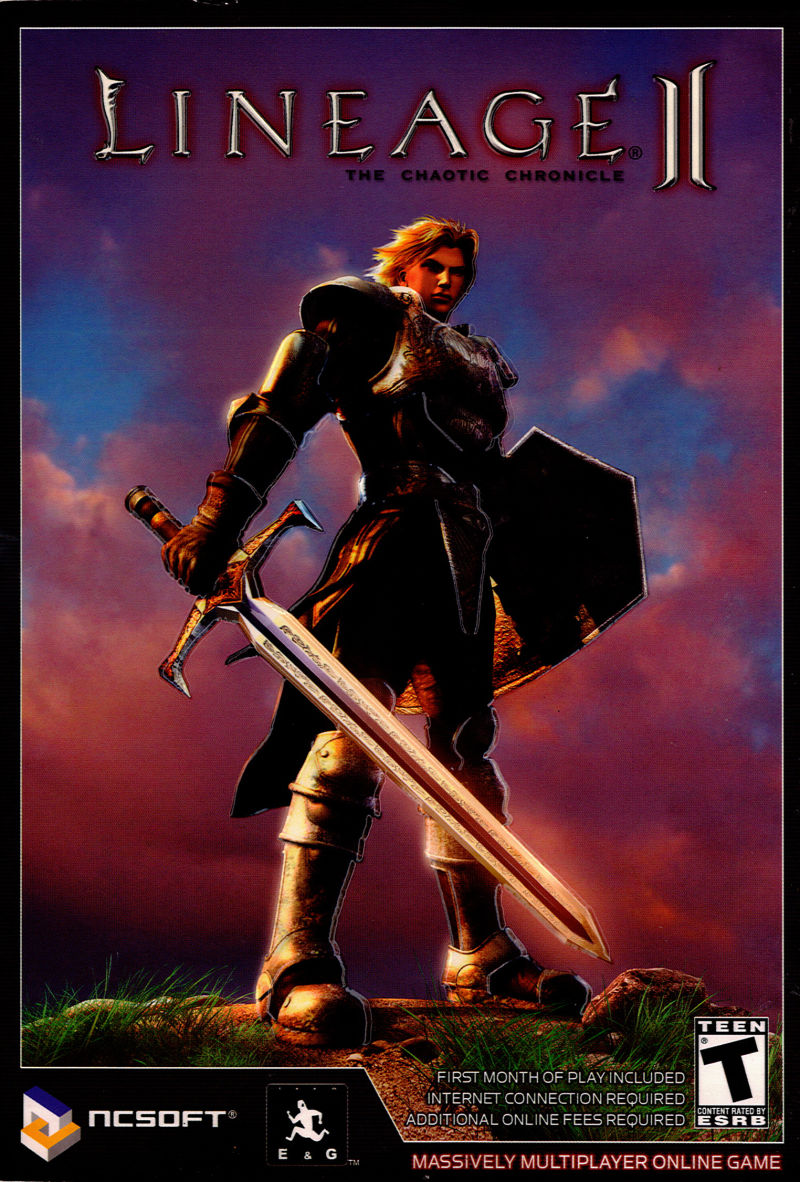
Are Developers To Blame for Game Addiction?
Smallwood vs. NCSoft (2009)
Lineage II is an MMORPG launched for Windows computers in 2003, which is still available as a free-to-play game now. Some might find it easy to switch off -- but Craig Smallwood, who was based in Hawaii, became “psychologically dependent and addicted to playing Lineage II”.
In September 2009, he discovered that he had been locked out of the game. NCSoft banned Smallwood because he was allegedly involved in a scheme “to make real money transfers”. Smallwood denied this allegation and claimed that being addicted to the game caused him psychological trauma which required regular hospital treatment and therapy.
The defendants’ (NCSoft’s) main argument was that the User Agreement Smallwood had signed precluded him from pursuing the case. The section read:
“IN NO EVENT SHALL NC INTERACTIVE, NOR ANY OF ITS CONTENT PROVIDERS, SHAREHOLDERS, PARTNERS, AFFILIATES, DIRECTORS, OFFICERS, EMPLOYEES, AGENTS OR SUPPLIERS, BE LIABLE TO YOU OR TO ANY THIRD PARTY FOR ANY SPECIAL, INCIDENTAL, CONSEQUENTIAL, PUNITIVE OR EXEMPLARY DAMAGES…”
The defendant also claimed that the plaintiff could not raise an action in Hawaii, as the UA stated that any legal action must be in Texas (where their company was based).
Surprisingly, Smallwood won against the software company. Texan law had recently found that “choice-of-law clauses apply only to the interpretation and enforcement of the contract itself; they do not encompass all disputes between the parties”. As summarized by The Register, District Judge Alan C. Kay ruled that both Hawaiian and Texan law bars contracts which try to waive gross negligence claims. He also upheld the plaintiff’s claims for negligence, defamation, and negligent infliction of emotional distress.
Choice of law is an important issue, and one that companies are finding it harder to enforce. This case also serves as a warning to any makers of free-to-play games with microtransactions – be careful in setting the timescales for objects to appear and put a cap on players’ spending.
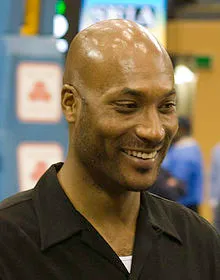
Using Players’ Likenesses
O’Bannon vs NCAA and EA (2009)
Electronic Arts, or EA, is well known for its sports games. But does this mean that they have the right to use digital incarnations of well-known players in their acclaimed titles? In addition to their sports tie-ins with the NBA and the NFA, EA also published college basketball and football titles branded and approved by the NCAA (the National Collegiate Athletic Association).
Former college basketball player Edward O’ Bannon decided to become the lead plaintiff in a class action lawsuit against EA when he saw his image from his time with the UCLA team in 1995 being used in a video game without his permission. The suit also included former Boston Celtics player Bill Russell.
The main motive behind the lawsuit was to seek an injunction to allow colleges to pay football and basketball players a fair wage. As ESPN rightly states, the NCAA class college players are amateurs (unlike the national teams), so they are only entitled to basic training and lodging and do not get paid.
Electronic Arts withdrew as a defendant and settled out of court for $40 million. The NCAA franchise of games is now on hold, and its future is uncertain.
On August 8, 2014, Judge Claudia Wilken ruled that the NCAA must allow individual colleges to pay their athletes, and even considered whether or not their likenesses could be used in a video game. She stated:
“The high coaches’ salaries and rapidly increasing spending on training facilities at many schools suggest that these schools would, in fact, be able to afford to offer their student-athletes a limited share of the licensing revenue generated from their use of the student-athletes’ own names, images, and likenesses. Accordingly, the NCAA may not rely on increased output as a justification for the challenged restraint here.”
On appeal, the court affirmed that the NCAA regulations needed antitrust scrutiny, but rejected the findings that athletes should be paid more than the cost of basic board and lodgings. In summation, Circuit Judge Bybee said:
“The Rule of Reason requires that the NCAA permit its schools to provide up to the cost of attendance to their student athletes. It does not require more.
We vacate the district court's judgment and permanent injunction insofar as they require the NCAA to allow its member schools to pay student-athletes up to $5,000 per year in deferred compensation.”
The plaintiffs appealed to the Supreme Court, which denied to conduct a judicial review of the case (AKA a certiorari) on October 3, 2016. This legal matter demonstrates whether or not an athlete at a college or university should be paid as if they were a professional. It also shows that sometimes video games companies will try to shy away from controversy, given Electronic Arts’ decision to settle out of court.
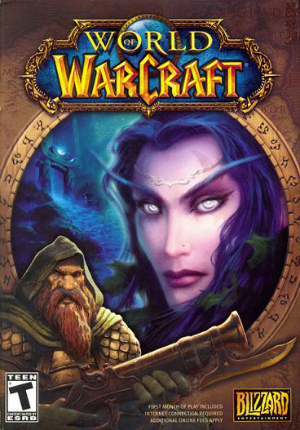
Illegal World of Warcraft Servers
Blizzard vs Scapegaming (2010)
MMORPG World of Warcraft is still big business today, long after it was first released in 2004. Its massive popularity inspired Alyson Reeves to set up a private server hosting the game. As explained in the case’s transcript:
“Via the website scapegaming.com, an unauthorized web server that enables and encourages third parties to play Blizzard’s copyrighted World of Warcraft online computer game on the scapegaming server instead of Blizzard’s own authorised servers, thereby denying Blizzard subscription revenue for online play.”
Reeves, based in Savannah, Georgia, also offered microtransactions – meaning that players could pay to unlock experience points and items without having to grind for hours to obtain said items. The main legal argument was that Reeves (and all users of the server) had contravened the End User Licence Agreement, or EULA, which specifically prohibits copying and illegal distribution of its software.
Reeves did not appear in court, and Blizzard asked for a judgment in default. As Geek.com reported, the WoW developer received $88,594,539 in damages.
Private servers are a shady affair, and it looks as though Reeves played a hefty price. People operating these sorts of servers could potentially pass on your bank details to criminals -- and it’s certainly not a good idea to be making these sorts of transactions, as it’s unfair to the legitimate players who want to grind and play the game by the book.

Call of Duty Creators Get Sacked
Activision vs West and Zampella (2012)
Jason West and Vince Zampella were integral to Call of Duty’s success. Because they were the heads of Infinity Ward and creators of the massively successful franchise, it came as a major bombshell to the industry when, on March 1, 2010, Activision terminated their contracts of employment with the company.
West and Zampella sued for wrongful termination of employment and $36 million in lost earnings three days later. Activision then counter-sued, accusing the Call of Duty creators of “stealing” Infinity Ward “at the expense of Activision and its shareholders and for their own personal financial gain”.
Game Informer managed to get an exclusive interview with the developers and their lawyer after the lawsuit became public knowledge. In short, Activision decided to terminate their employment and sue them for loss of earnings, as Modern Warfare 3 would be a better game if they were still employed by the company.
Activision also brought EA into the legal proceedings after West and Zampella made a deal with the giant publisher to set up their own studio called Respawn Entertainment there.
Activision accused the pair of making deals behind their back -- but as the pair revealed to Game Informer, they had explained to EA that they were still under contract with Activision and could not consider their offer at that point. There were also underhand tactics which wouldn’t look out of place in a spy movie, with Activision’s Head of IT being asked to break into the duo’s e-mails.
On May 31, 2012, Kotaku reported that the two parties agreed to settle out of court for an undisclosed amount.
This case explores how far an employer can go in demanding the most from their employees. Activision’s decision to terminate the pair’s employment almost out of the blue, whilst conducting behind the scenes investigations, seems pretty brutal. Also, it’s worth noting that according to Eurogamer, the developers took a reduced royalty rate of 20% from the series in 2008 – around 2 years before they were fired.
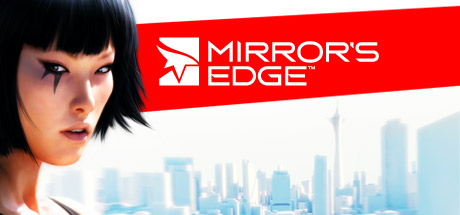
The Game’s in the Name!
Edge Games vs. EA (2013)
Tim Langdell, founder of Pasadena-based Edge Games, is perhaps best known for his mobile game Edge -- which got removed from the iTunes Store, as Kotaku reports, because its name conflicted with a new IP from EA -- Mirror's Edge. He fought back in June 2010 by suing Electronic Arts for using his trademarked name as part of the title for its new free runner game.
This horrendously backfired for Langdell. It turned out that his trademarks for “Edge” had not been valid since 2010, and the US Patent and Trademark Office finally cancelled said trademarks in 2013. The parties reached a settlement, and each agreed to pay the other’s legal fees.
Langdell no longer owns any rights to the word “edge”, meaning more Mirror’s Edge games -- and indeed other games including the word -- can be made. He also caused a headache for UK publishers Future, who published Edge magazine. Future succeeded in their lawsuit against him, and Edge Games was denied permission to appeal.
Names mean a lot in games, but it appears Langdell may have been over -zealous. Unfortunately, the Mirror’s Edge sequel got a lackluster response and very little marketing, so here’s hoping EA will do more with another game in the franchise!
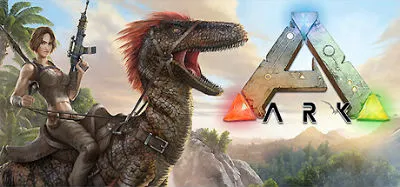
Non-Competition Employment Contracts in Gaming
Trendy Entertainment vs Studio Wildcard (2016)
Studio Wildcard, who made the hit dinosaur game Ark: Survival Evolved, was sued in 2015 by rival studio Trendy Entertainment. The basis for the lawsuit was that Jeremy Stieglitz broke a one-year non-compete agreement he signed with his previous employer, Trendy Entertainment, when he became an integral part of Studio Wildcard’s Ark development team.
There was a lot of bad blood just after his departure, when, as Kotaku reported, Trendy’s lawyers sent him a cease and desist letter alleging that he had been poaching their employees for his own gaming studio.
This meant that he had broken another clause in his original contract of employment that prevented him from soliciting Trendy’s employees. Studio Wildcard refuted the allegations, responding that Stieglitz only acted as a consultant. Following a mediation between the parties at Trendy’s request, the lawsuit was settled out of court in April 2016 for an undisclosed sum.
Reading your contract of employment is very important -- and clearly Stieglitz was aware of the termsc because Kotaku reported that he allegedly negotiated the the non-compete clause from three years down to one.
At least the parties reached a settlement before the case had to be dragged through the mud in the courtroom. But Studio Wildcard may be in need of more money though regardless, as apparently the price of its upcoming survival game has doubled ahead of its full launch.
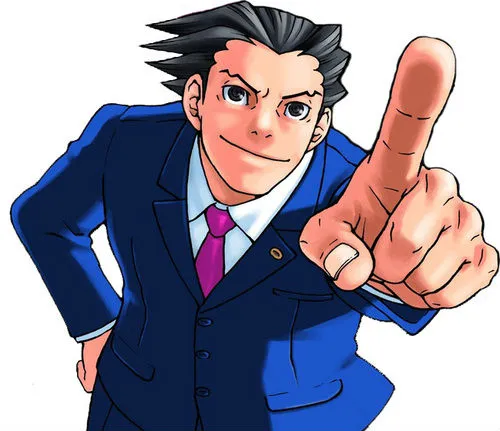
Phoenix Wright may be the most well-known in-game attorney, but the reality of video game legal battles is quite wide ranging. I don’t suppose that in 1972, creator of the Magnavox Odyssey, Ralph Baer, would have envisaged how litigious the video game industry would become.
The advent of proper ratings and copyright over non-tangible objects in video games (like the code in Unreal Engine 3) shows how big a medium the industry is. We will have to wait and see what impact VR, microtransactions, and tracking apps have on its future.
Can you think of any more video game legal battles we've missed? Let us know in the comments below!

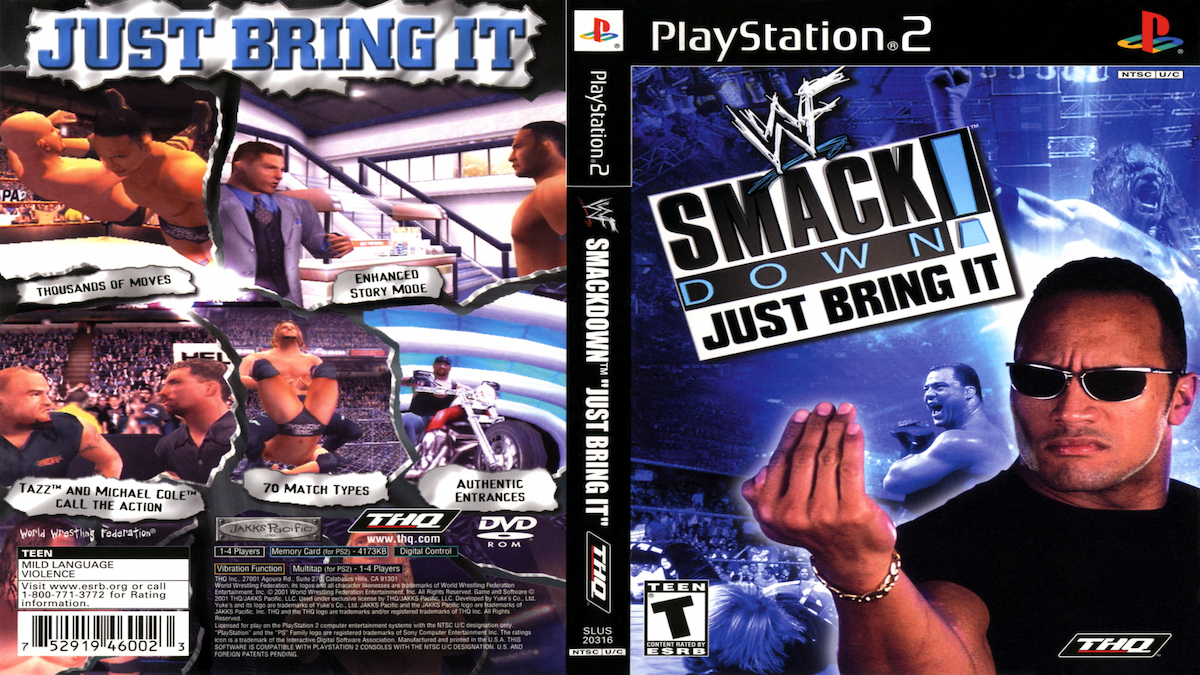
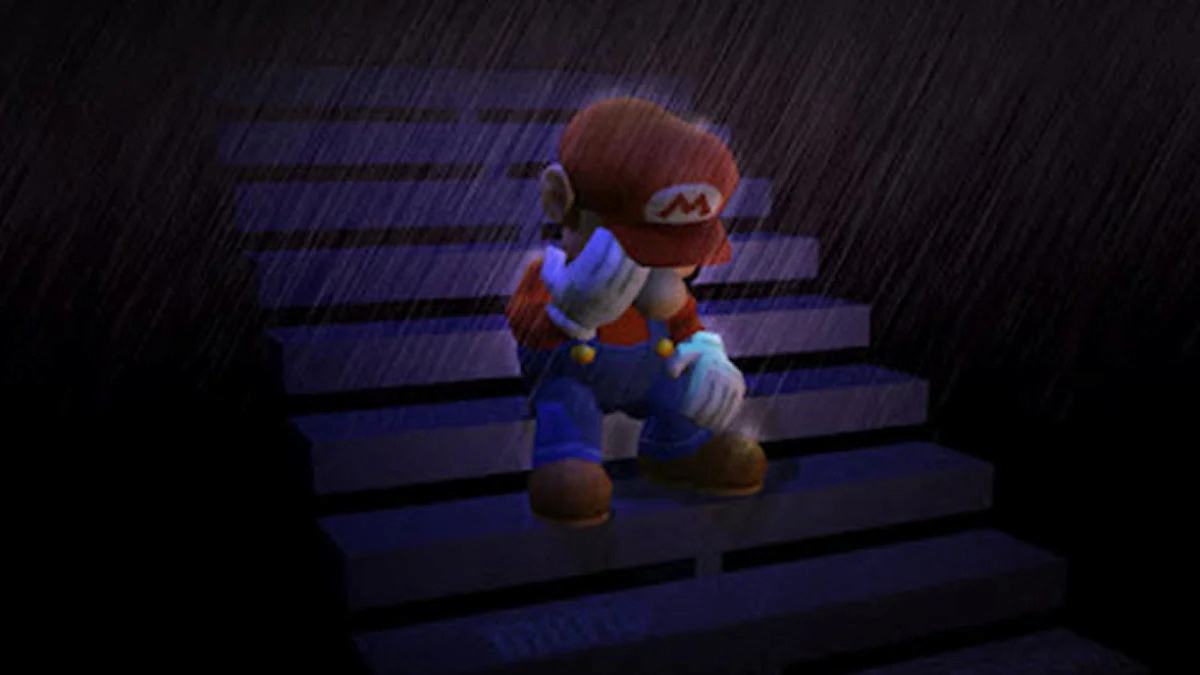
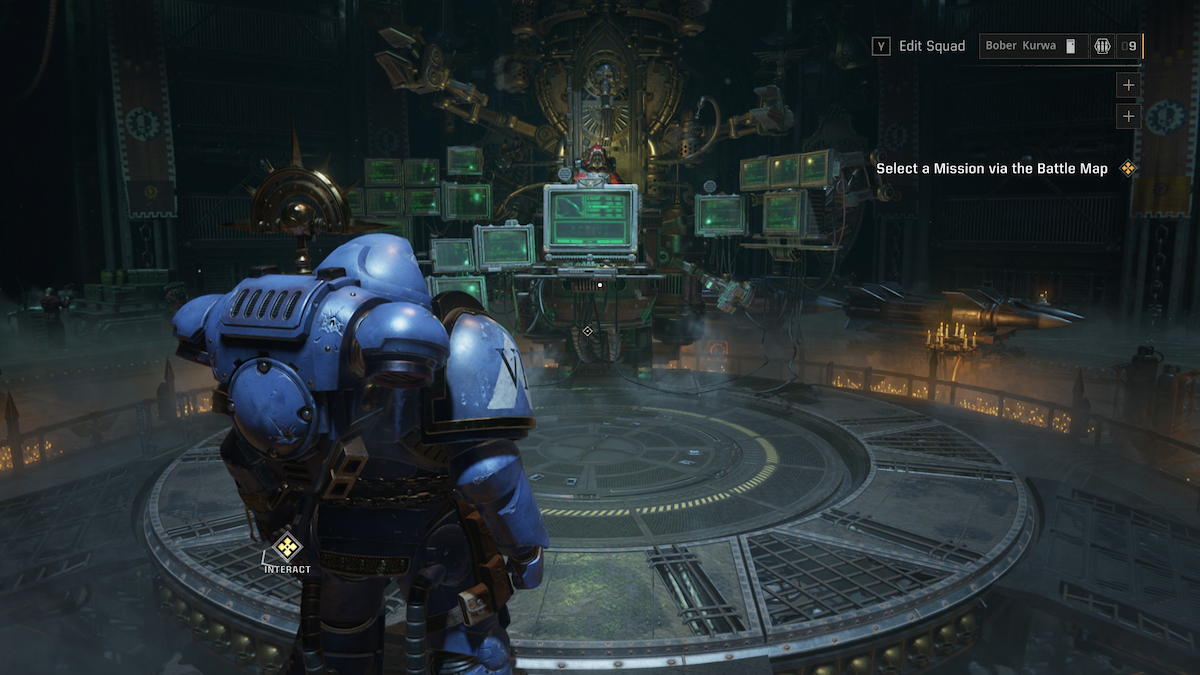
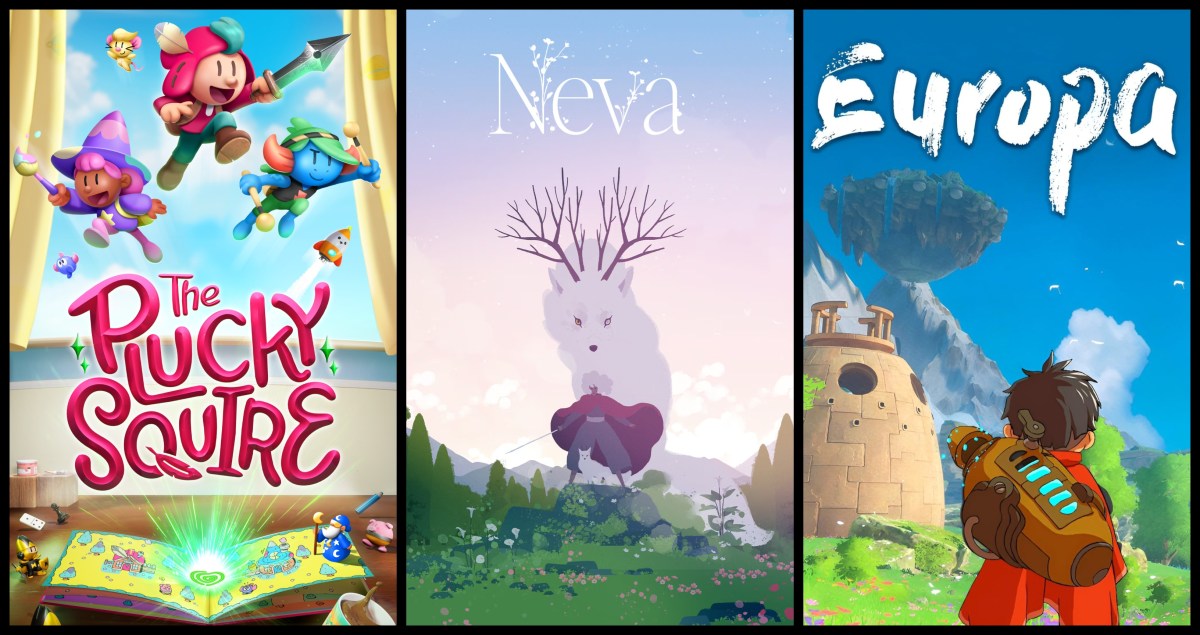
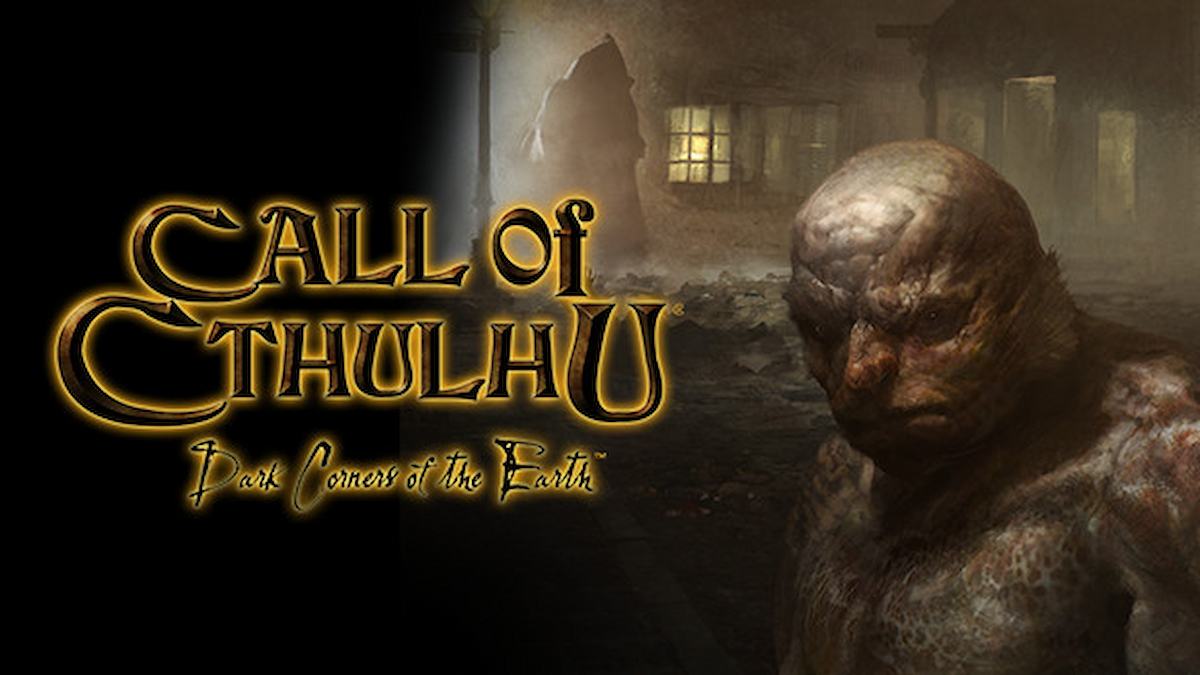
Published: Jul 6, 2017 09:34 am